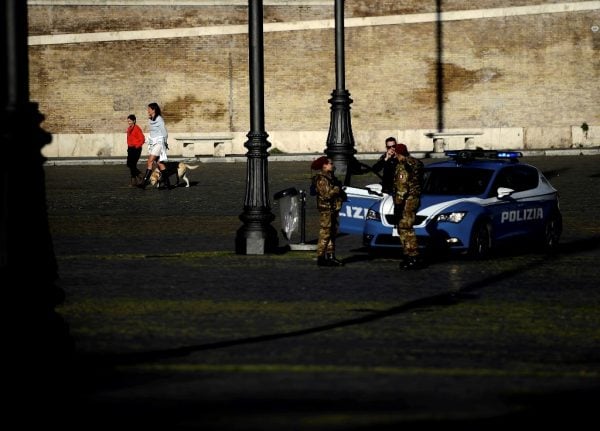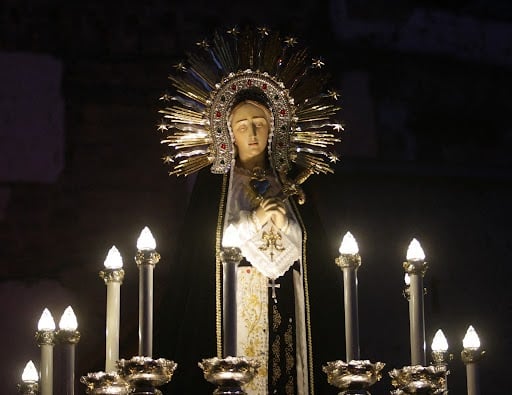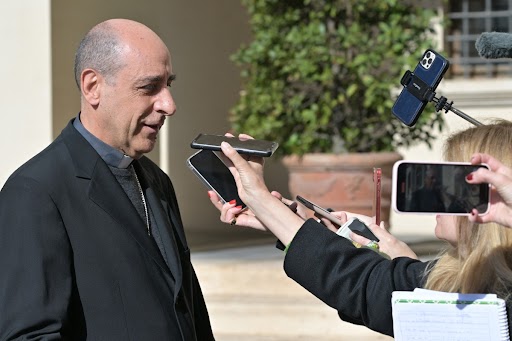Italians need a justifiable reason to be out on the street in the middle of a pandemic that has officially claimed more than 20,000 lives in the country since February.
Taking your dog out for a walk is viewed as a good enough reason to leave your home. But it seems taking your turtle out for one is not.
READ ALSO:
- 'I’m feeding the pigeons': The excuses given in Italy for flouting lockdown rules
- Hovering police drones take Italians' temperature and issue fines
The Roman police said the 60-year-old woman was “caught outside her home without a justifiable reason” and fined.
“The woman was walking with a turtle,” the police statement said.
Roman police spokesman Nunzio Carbone told AFP that the woman was fined €400 because it was “not a justifiable excuse”.
Carbone said the turtle was “as big as a pizza” but not wearing a leash.

A homeless man and his cat in central Rome last week. Photo: Filippo Monteforte/AFP
Italian authorities reported issuing a record 16,545 fines on Easter Monday — a national holiday in largely Catholic Italy. Another 13,756 fines were issue on Sunday.
Italians have been joking on social media about renting out their dogs to anyone who was going stir crazy and needed a good excuse to go out.




 Please whitelist us to continue reading.
Please whitelist us to continue reading.
Member comments